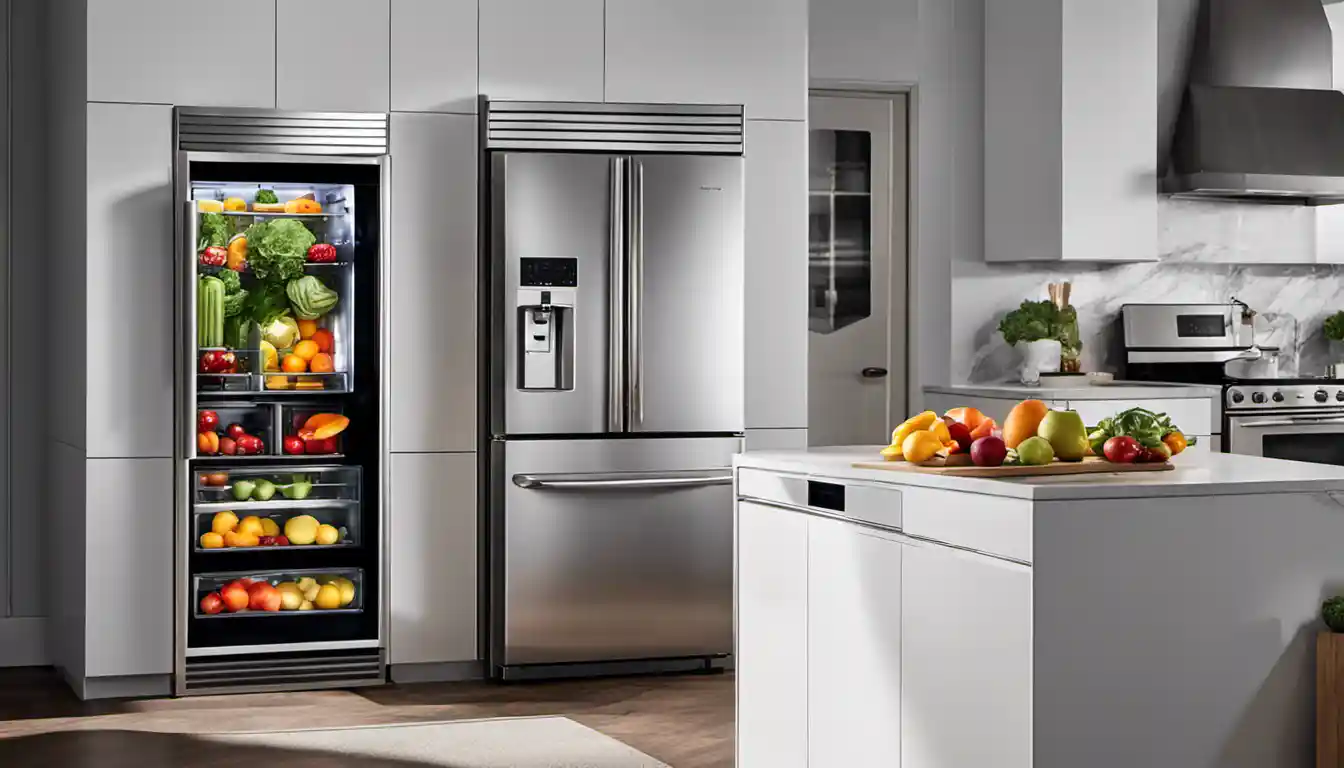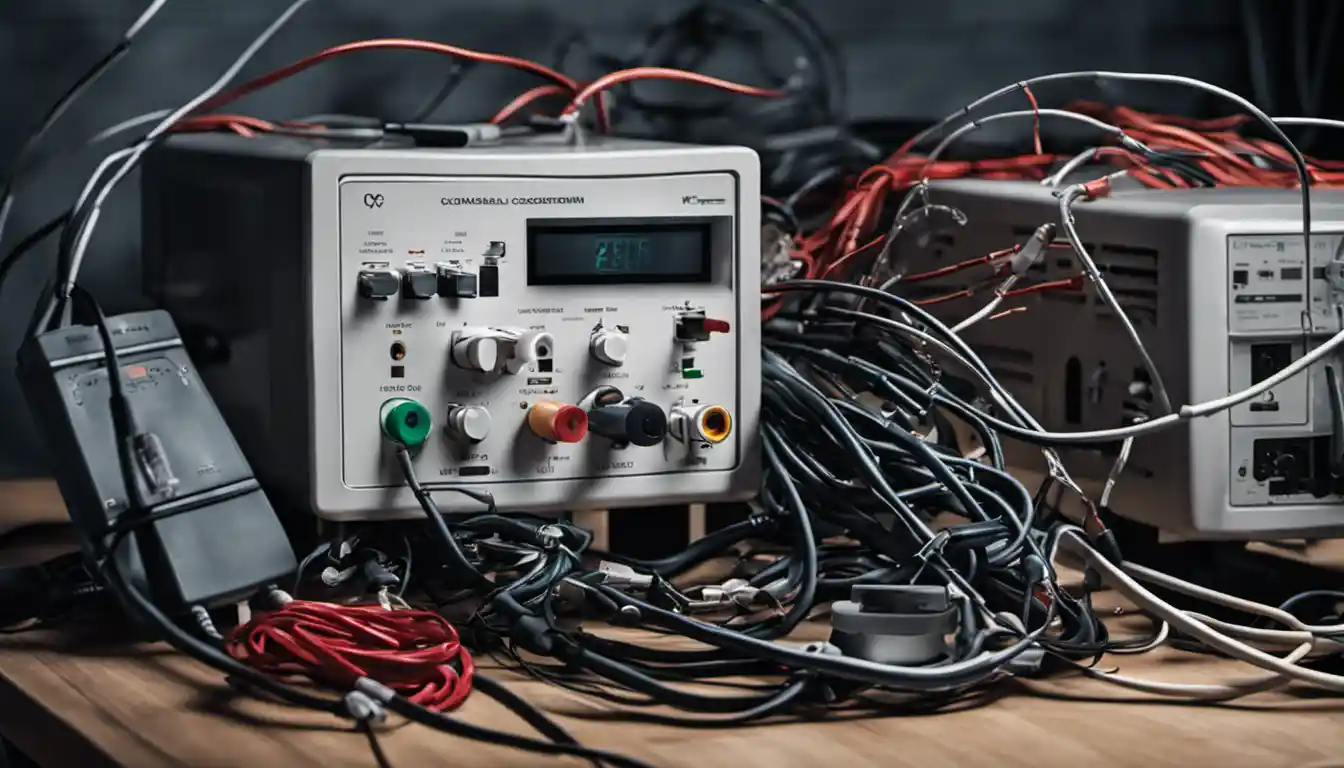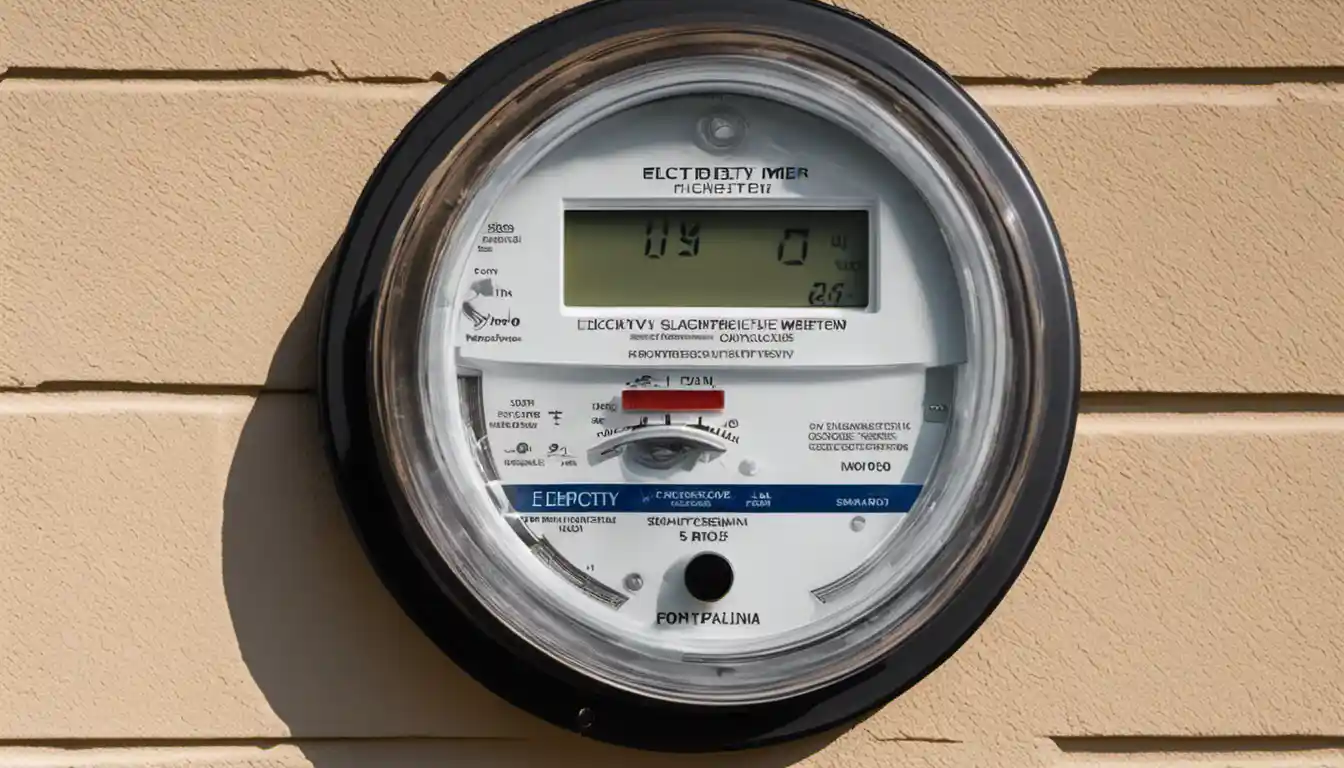Introduction: The Power of Solar Batteries
The length of time a solar battery can power a house depends on several variables such as the size of the battery, the power usage of the house, and the amount of daylight. On average, a fully charged solar battery designed for a residential house can provide electricity for about 24 hours. However, this duration can change based on the factors mentioned.
Understanding the Basics: How does a Solar Battery Work?
Before we delve into “how long can a solar battery power a house,” we must first understand the basics of how a solar battery works. A solar battery is an energy storage device that collects energy from solar panels during the day and stores it for later use.
Primary Factor: Home Battery Capacity
One of the most significant factors determining “how long will a solar battery power a house” is the home battery’s capacity. This is measured in kilowatt-hours (kWh) and can range significantly, from a smaller 5kWh to larger batteries that can store up to 16kWh or more. To put it into perspective, an average household in the U.S. uses approximately 30 kWh of energy per day.
Determining Solar System Output
To accurately determine how long a solar battery can power your home, let’s also analyze the amount of electricity a typical solar system produces.
Exploring the Amount of Electricity a Solar System Produces
The productivity of your solar system depends on several factors, including the size and positioning of your panels and the amount of sunlight. On average, a residential solar panel setup of 5 kilowatts can produce around 20-25 kWh of electricity on a sunny day.
Analyzing Your Electricity Needs During a Power Outage
It’s critical to evaluate how many essential devices and systems you’ll need to keep running in case of a power outage.
Consideration 1: Refrigeration Power Consumption

Typically, a modern fridge consumes about 1-2 kWh per day.
Consideration 2: Kitchen and Cooking Power Usage
If you have an electric stove, you can expect it to consume around 2 kWh per hour of use.
Consideration 3: Electric Water Heating Power Demand
Your water heater can consume between 3.5 and 4.5 kWh of electricity per day.
Consideration 4: Electricity Use for Lighting
LED lights use significantly less power than their incandescent counterparts—usually around 0.1 kWh per hour.
Consideration 5: Power Requirement for TV and Device Charging
Devices like TVs and chargers vary, but on average, these might use around 1-3 kWh per day.
Consideration 6: Power Consumption by Air Heating and Cooling System
The power consumption by ACs and heaters varies a lot. On average, they can consume anywhere between 3 and 15 kWh per day.
Consideration 7: Any Medical Equipment Power Needs

If you or a family member relies on medical equipment that needs electricity, the power requirements could be vital. These devices’ energy needs can significantly vary, so it’s best to check the power specifications for each piece of equipment.
A Crucial Question: Is Getting a Solar Battery Worth It?
Investing in a solar battery is a significant decision. Besides understanding “how long will a solar battery power a house,” you should also consider your specific energy needs, the cost of the installation, and any savings you could make on energy bills in the long run.
Pondering Over: How Many Solar Batteries Are Needed to Power a House?
The number of solar batteries required to power a house entirely depends on the size of the house, the number of appliances, and how much electricity is typically used.
Factors that Impact the Duration Solar Batteries Can Power Your Home
Various factors affect how long a solar battery can power your house. It’s not a one-size-fits-all kind of thing.
Factor 1: Battery Storage Capacity
The larger the battery’s capacity, the more energy it can store and the longer it can power your home.
Factor 2: Solar Panel Output
If your solar panels produce more energy than your home uses, the excess will be stored in your battery for later use.
Factor 3: Electrical Needs of the House

Your electricity usage needs dramatically make a difference. Reducing your consumption can help your battery last longer.
Factor 4: Available Energy in Your Solar Batteries
The charge level of your batteries will affect how long they can provide power.
Factor 5: Type of the Battery
Different batteries have different efficiencies and lifespans.
Factor 6: Usage of the Solar Battery
How often and how much of the battery you use can also affect its lifespan and, therefore, the duration it can power your home.
Factor 7: Temperature Conditions of the Battery
Batteries can lose efficiency in very high or low temperatures.
Factor 8: Maintenance of the Solar Battery
Like any piece of equipment, batteries last longer and perform better when properly maintained.
Conclusion: The Potential of Solar Batteries to Power a House
In conclusion, the answer to “how long can a solar battery power a house” isn’t straightforward. But considering the range of variables, with the right solar battery system in place, power cuts could become a thing of the past. For battery solutions that meet various needs, consider partnering with a solar professional to guide you through the process.



